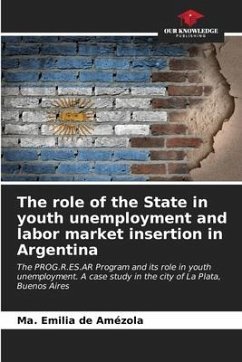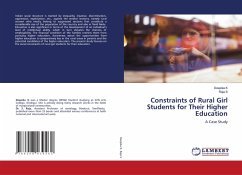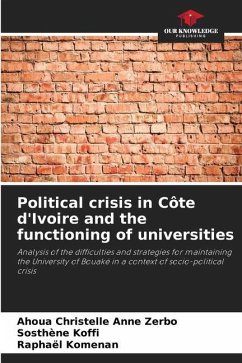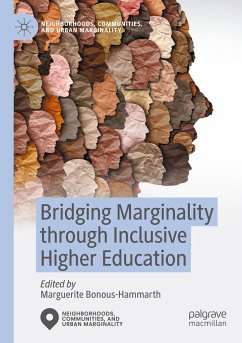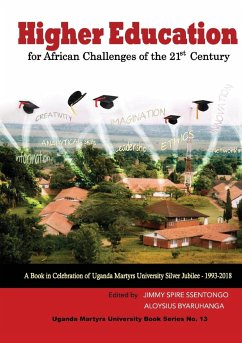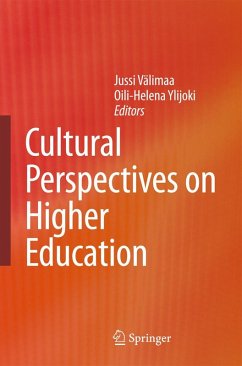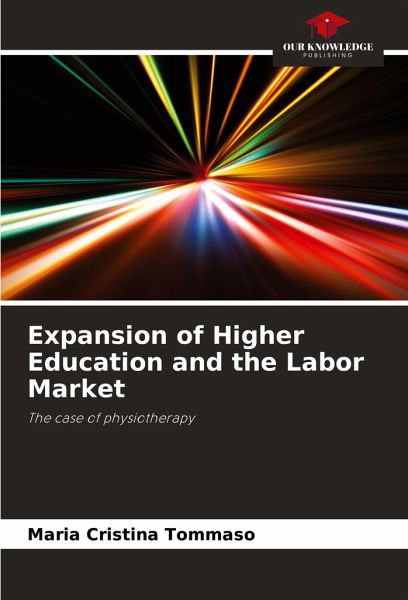
Expansion of Higher Education and the Labor Market
The case of physiotherapy
Versandkostenfrei!
Versandfertig in 6-10 Tagen
33,99 €
inkl. MwSt.

PAYBACK Punkte
17 °P sammeln!
This study discusses the expansion of higher education in Brazil and analyses its development throughout history in the light of Friedson's (1994) and Larson's (1977) concepts of profession and the professionalization process. It presents the historical series of the professionalization process of physiotherapy and the expansion of undergraduate courses and shows how higher education can produce inequalities based on the different conditions of access opportunities. The expansion of higher education from the end of the 1990s in Brazil produced a large contingent of physiotherapists, increasing...
This study discusses the expansion of higher education in Brazil and analyses its development throughout history in the light of Friedson's (1994) and Larson's (1977) concepts of profession and the professionalization process. It presents the historical series of the professionalization process of physiotherapy and the expansion of undergraduate courses and shows how higher education can produce inequalities based on the different conditions of access opportunities. The expansion of higher education from the end of the 1990s in Brazil produced a large contingent of physiotherapists, increasing the occupancy rate in jobs and scientific production in the area, but not to the same extent, generating consequences for the profession. An empirical study has shown that professionals and academics perceive the job market to be saturated and a reduction in employment opportunities for the category. However, there has been an increase in the diversification of areas of activity for this professional, as well as an increase in the number of representative bodies and participation in public policy decision-making bodies that can favor the work of physiotherapists.





